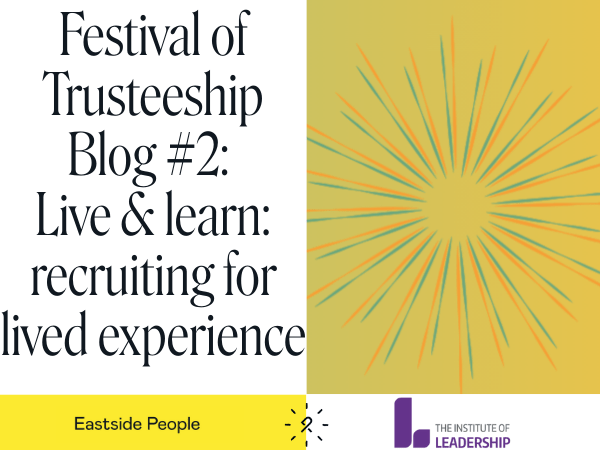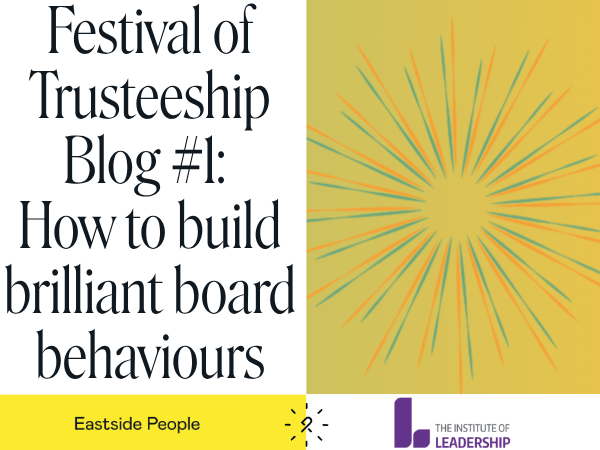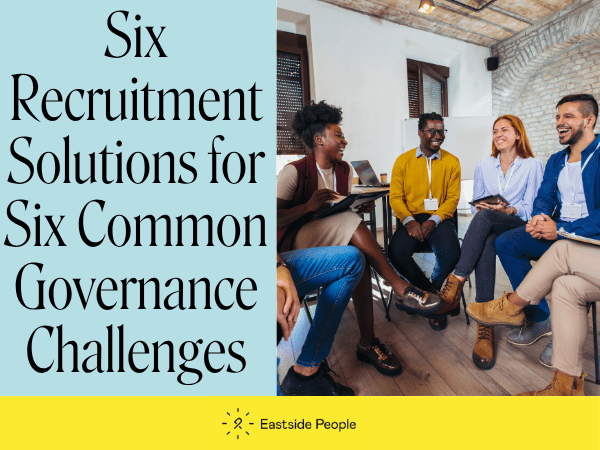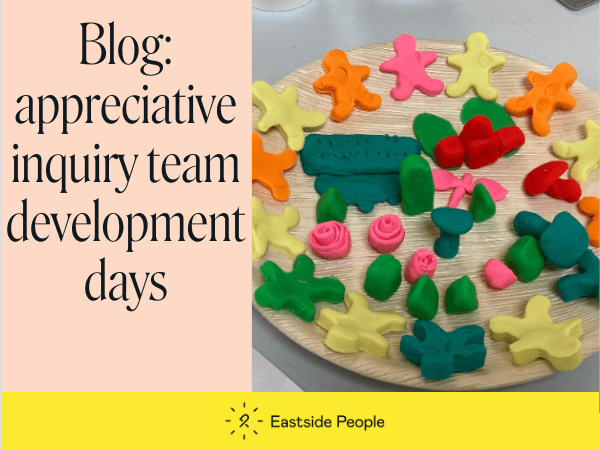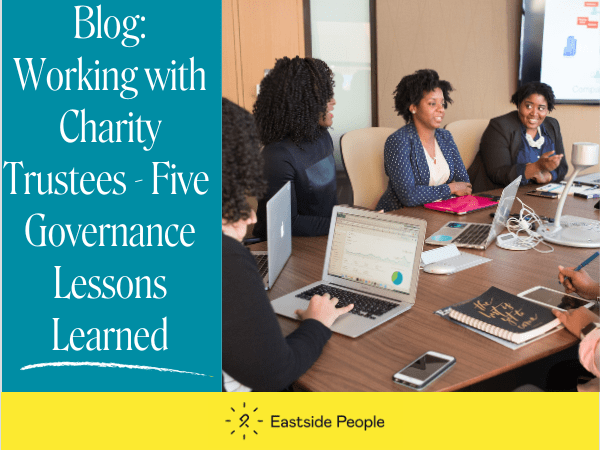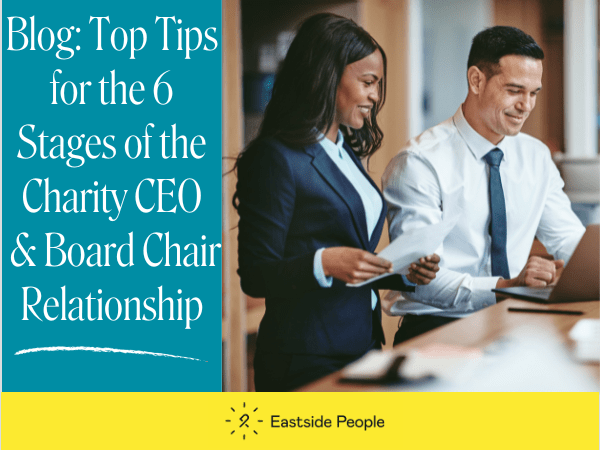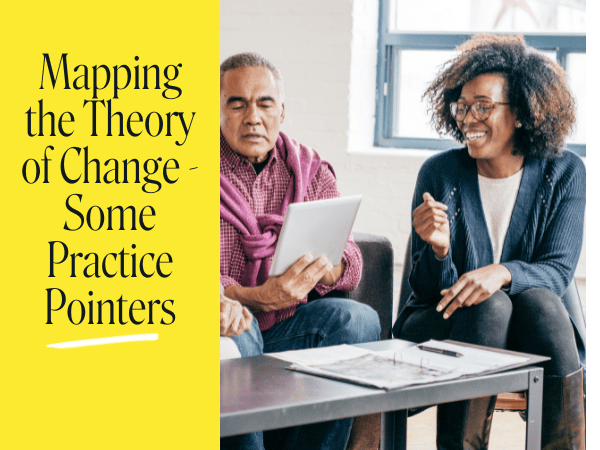This blog by an anonymous charity CEO takes a tongue-in-cheek look at what a charity CEO does.
If you’re on a board (or thinking about joining one), you may have wondered at the inner workings of a charity. What exactly does a CEO do all day? Our anonymous charity CEO’s tongue-in-cheek diary offers up some insight on what happens beyond the boardroom.
Monday
7 am start. By lunchtime today I finish and submit a funding bid, unblock a toilet, console a grieving staff member, write a presentation for Thursday’s board meeting, review service stats, meet a possible funder and answer 50 emails. A fairly standard morning.
At 1 pm someone rings and asks for the HR department. “That’s me,” I say.
The afternoon is spent running one of our services. We are chronically under-staffed but I just don’t have it in me to turn people away.
I stop at tea time to spend some time with my kids, and then work late into the evening on our new strategy incorporating (mostly) insightful input from our trustees.
Tuesday
At 11 am someone rings and asks for the volunteering department. “That’s me,” I say. They offer a corporate volunteering day in exchange for lunch, dinner, a coach and a photographer. I agree to meet them to assess whether this PR exercise can be turned into something useful (and less expensive) and add ‘think about charging a fee for corporate volunteering days‘ to my to-do list.
I attend a long meeting at the Council. I feel that we have to be there since they are our main funder, but our lack of resources is never more obvious. Everyone there seems to thrive on “cross-functional harmonisation.” I have a shattering realisation that larger organisations seem to have both people and time. Unfair.
Next, a webinar purporting to be useful tells us charities are inefficient and that if we run out of money, our services probably weren’t valuable. Apparently, “survival of the fittest” applies to life-saving services too. I fantasize about throwing my laptop across the room, but opt for logging off instead.
Wednesday
Today we have a visit from a funder. Darn, I don’t have anything ironed. I iron the front of my shirt and hope that I won’t need to take my jacket off.
The staff team are amazing with the funder. They are articulate, passionate, cool and composed. I am in awe (again).
At 3.20 pm someone rings and asks for the finance department. “That’s me,” I reply, only slightly hysterically. “You haven’t filled in our supplier form correctly so we can’t pay your invoice”. Their tone implies deliberate sabotage rather than the fact that their 40 page form is designed for multi-nationals rather than a small voluntary organisation.
Thursday
Board meeting day! I’ve been awake since 4.30 am gripped by existential dread.
Luckily, it’s a busy day for our services so I don’t think about the board meeting for several hours. One client comes in and tells me that she has found a flat and a job. It is monumental. Life-changing. We both cry. This turning point in her life will be a mere statistic in our impact report but it is these moments that I live for.
The board is meeting online. Of eight trustees, four are late and two don’t come at all (no apologies). The chair treats us to a long monologue on a friend he recently saw who kindly shared his thoughts on what we could be doing differently. He was a VSO volunteer 52 years ago so is really well placed to advise.
We tick through the agenda items. I feel relatively unscathed until we get to the budget. Even if we get our council contract renewed, we still have a deficit and no obvious way to close it without making people redundant which is what I recommend. Our usual supply of grants seems to have dried up completely. Reading that we’re not alone and that the number of grant applications is up by 30-50% doesn’t make me feel much better.
“I think we should explore all options” says a trustee. Pause. “Have you thought about asking Richard Branson if he could help?” I turn off my camera so I can pound my head on the desk.
Despite my sore head, we have a useful discussion with informed input from the more engaged trustees. They’ve clearly read their board papers and thought deeply about our issues. We agree some immediate actions to explore other income options including offering paid-for consultancy, sub-letting our rooms to other local organisations and hosting a fundraising auction.
Afterwards, one of the trustees stays on to ask if I’m OK. He has noticed that I’m under strain and wants me to know that I’m doing a great job under difficult circumstances. This makes a huge difference. I dial off feeling positive.
Friday
This morning I meet some fellow charity CEOs. It is essentially group therapy. Tears, swearing, and inappropriate laughter. These are my people.
I open a letter from our bank. They want to do some security checks on our trustees, and threaten to close down our account if we don’t comply. I lay on the office floor briefly before resuming email triage whilst spending two hours on hold to the bank trying to work out why they still have a treasurer who left six years ago in their list of our trustees. This is despite us sending several forms informing them that she was no longer a trustee.
Friday night can’t come soon enough. Despite my intentions to have the night off, I write the board minutes after the kids go to bed.
Saturday
No entry. Too knackered. Why did I agree to write this diary?
Sunday
Go to the cinema with the kids. I pretend to be cold so that I can answer some work emails inside my coat. Am ashamed but also efficient.
Next week will definitely be better.
Would you like to help? You’ll hear more brilliant ideas and insightful discussions at The Festival of Trusteeship taking place during Trustees Week 3-7 November 2025.
Explore all the sessions here.



